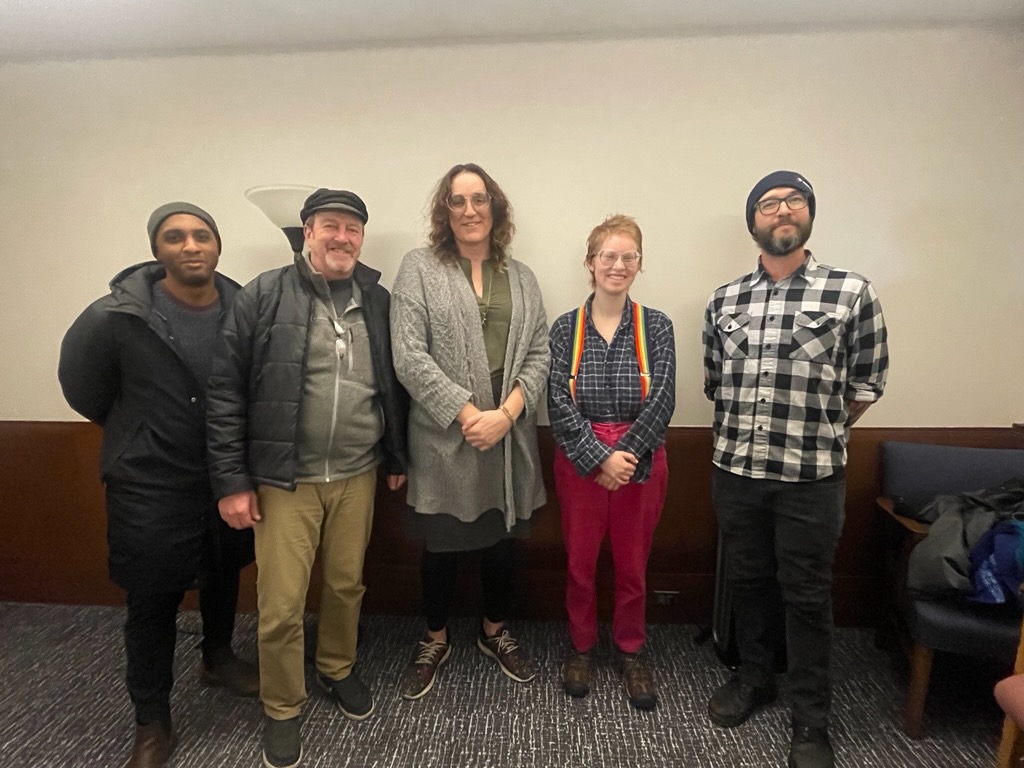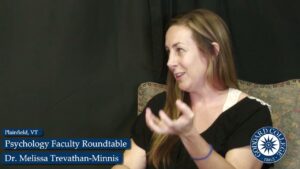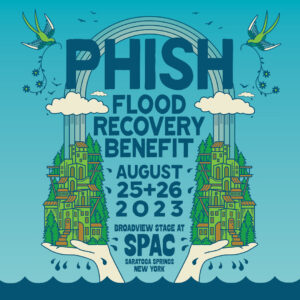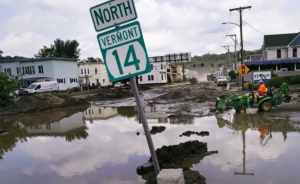
A revolution that is based on the people exercising their creativity in the midst of devastation is one of the great historical contributions of humankind.
–Grace Lee Boggs
A Shifting Landscape
Amid pandemic the world is changing in ways that we are still learning to identify. Whether we are pixelated on screens, intertwined in global networks, isolated in apartments, or rising up in city streets, we can see that radical change is possible.
As mechanisms of capitalist exploitation falter and lurch, as long-standing structures of settler-colonialism and anti-black racism surface in disparate death tolls, police violence, and vigilante murder, there is a growing recognition that this moment demands transformative engagement and collective commitment—that it is not a time to adapt to a new normal, but to actively dismantle those systems that normalize injustice.
And so we come together to ask: what are effective strategies, tools, and technologies that we can use to catalyze necessary, revolutionary change.
Technologies of Change
The tools we use to create and imagine, to find new ways of being together, to organize and strategize, can also be tools of surveillance, extraction, and control.
Together we seek to reclaim the technologies we need.
We dig down to the roots of the word technology to a Greek term that means craft, techne, for the knowledge the body gains through practice. We explore technologies of community and care, the techne of the body and the dream.
The coming world will require new skills and agile, interdisciplinary learners ready to share the eclectic bodies of knowledge we hold. And it will require a thousand and one new ways of coming together.
Fire, that primordial technology, is a place of gathering and tending at the same time that it is a force that can bring down buildings. We will use the new gathering places available to us to share our collective imagination and transform the moment of here and now into the firebrands of change and the embers of future worlds in which we want to live.
The Virtual Residency: An Experiment
This Fall, we will have a virtual residency.
We’ve never done this before, and we don’t know how it will go. It is an experiment, a laboratory, a sandbox, and a training ground. It is an opportunity to see how the magic of encounter, communion, ritual and shared embodiment that has traditionally happened at residency can be re-imagined in new forms and new spaces.
Our goal is not about taking the multidimensional, on-campus experience and flattening it down to fit into the square of a Zoom conference, shared Google Doc, or Google Classroom page, but about collective commitment to excavate the potential of every technology we have available to us to find new ways to support each other’s growth and to come together as a beloved community.
And let’s face it, we’ve not always been great at staying in touch over the semester.
This is our chance to put systems in place that will support us for years to come, even when we gather again on the Haybarn Theatre. It is an opportunity to visit each other’s local spaces, our communities, our places of collective work—the gardens we share, the studios, the farms, the bookshelves, the window views and inner landscapes, or share our memories and lives with each other across virtual backgrounds.
This is the revolutionary opportunity, of turning and spinning the axis of the collective imagination through committed presence, transformative engagement during these virtual times.
How can we take the residency theme into the work of the semester? How can it support the necessary change that needs to occur in the world right now?
Transformative Engagement
The theme this semester, the revolutionary presence, the exploration of effective tools and tactics in an emergent landscape, should work more like a programmatic plan to multiply our learning and creative habitats, to cross-pollinate and stimulate new paths in participatory learning and socially engaged projects. This is a crucial time in history, where need and opportunity meet, a time to put in practice the Goddard method at a larger scale.
Transformative engagement and shifting the power structures start from within.
Using new platforms, students can lead their own action groups and collective projects to feed an ongoing archive and future initiatives. The historic moment asks for new ways of communicating and sharing.
This call to action is also a way to change how we are present with/for each other, how we take care for each other. This is our opportunity for crafting new technologies in community design and learning–making sure this semester marks a shift in the collective imagination of what is possible for all of us.
This blog is from the Undergraduate Program faculty’s residency theme introduced for Fall 2020. The theme is created by a unified faculty, and guides the work of the students during their time together. Before COVID, students would spend 9 days together on campus in Plainfield, VT. During the pandemic, students have been attending “virtual residency”, finding new methods to connect and engage with each other, their work, and their communities.
Goddard College’s Undergraduate program (UGP) is as rigorous and challenging as you would expect from a higher ed institution. But the method is vastly different than a typical college. With faculty advisors guiding your self-directed study, students engage in a deep exploration that uncovers your personal connection to your learning, investigating not just how you are learning, but why. Your future can be as bright as you can imagine.







